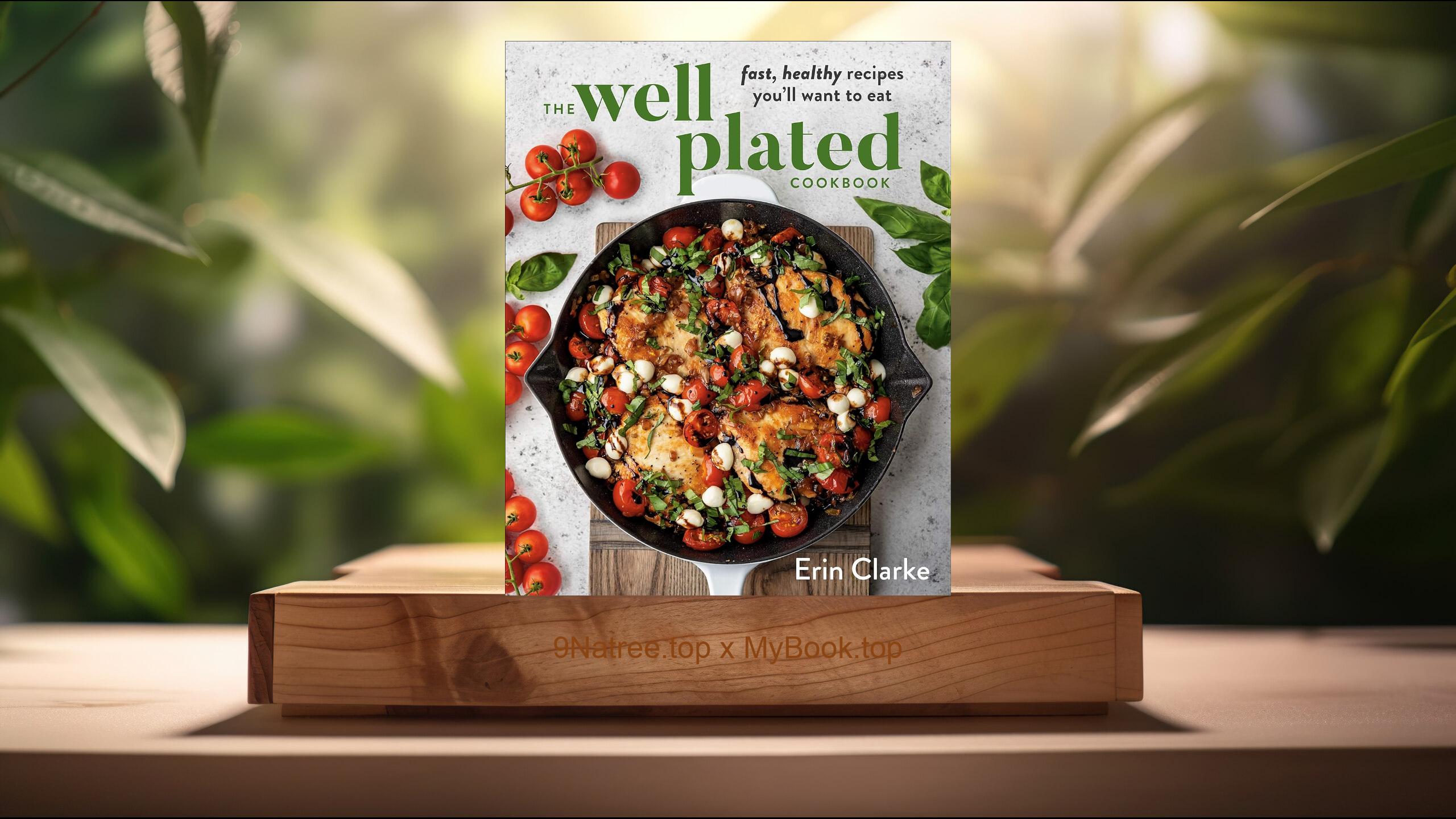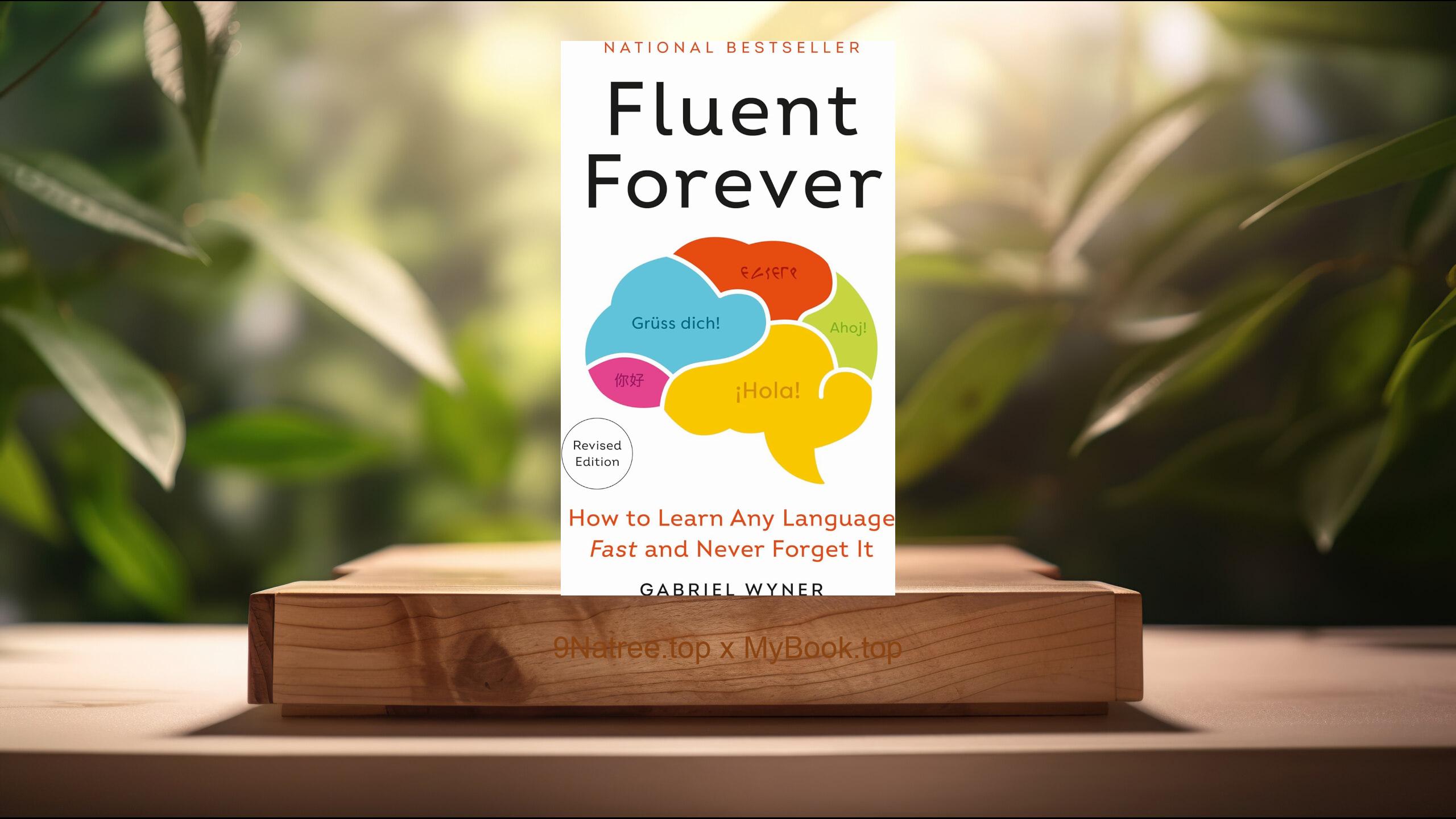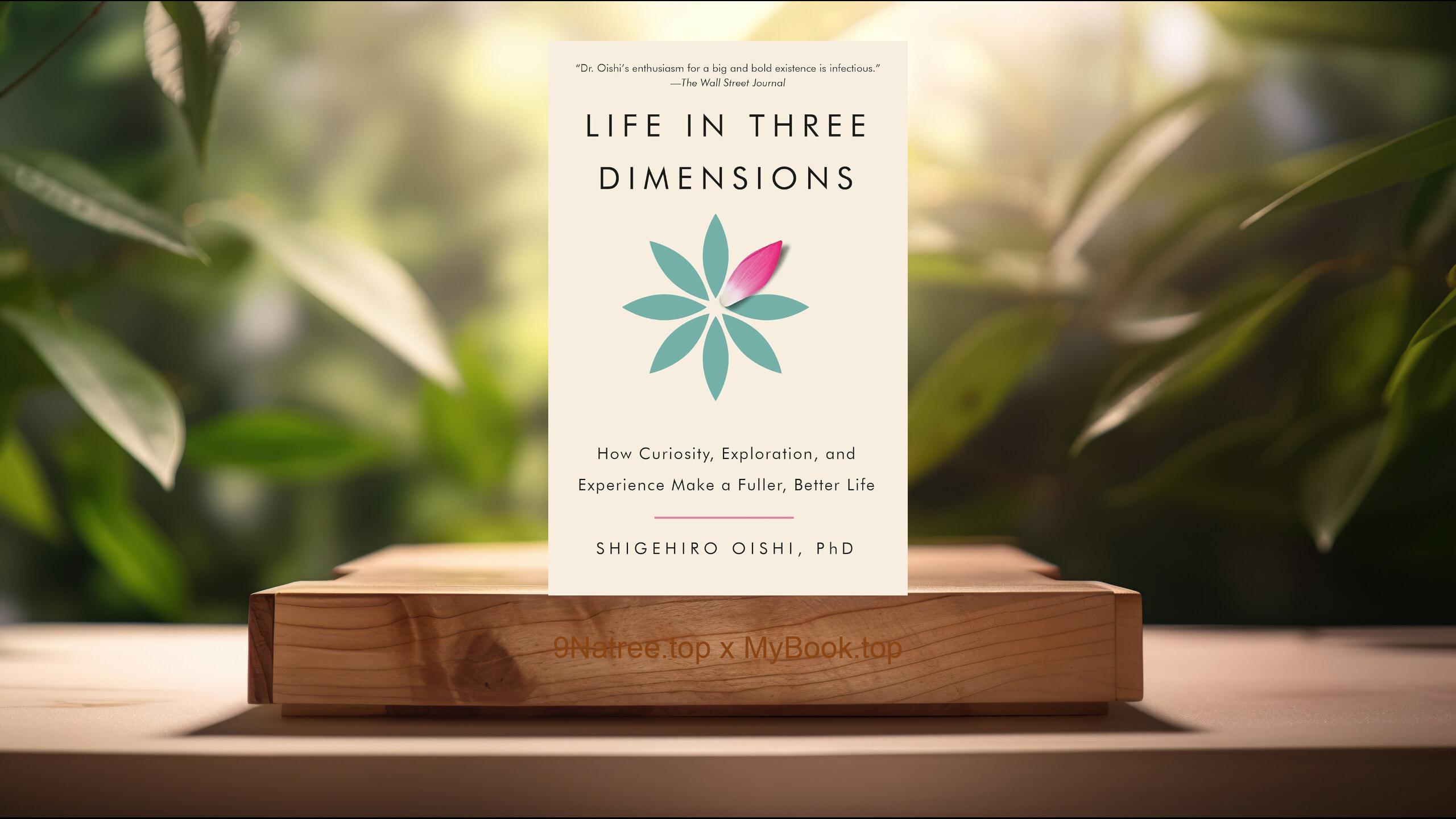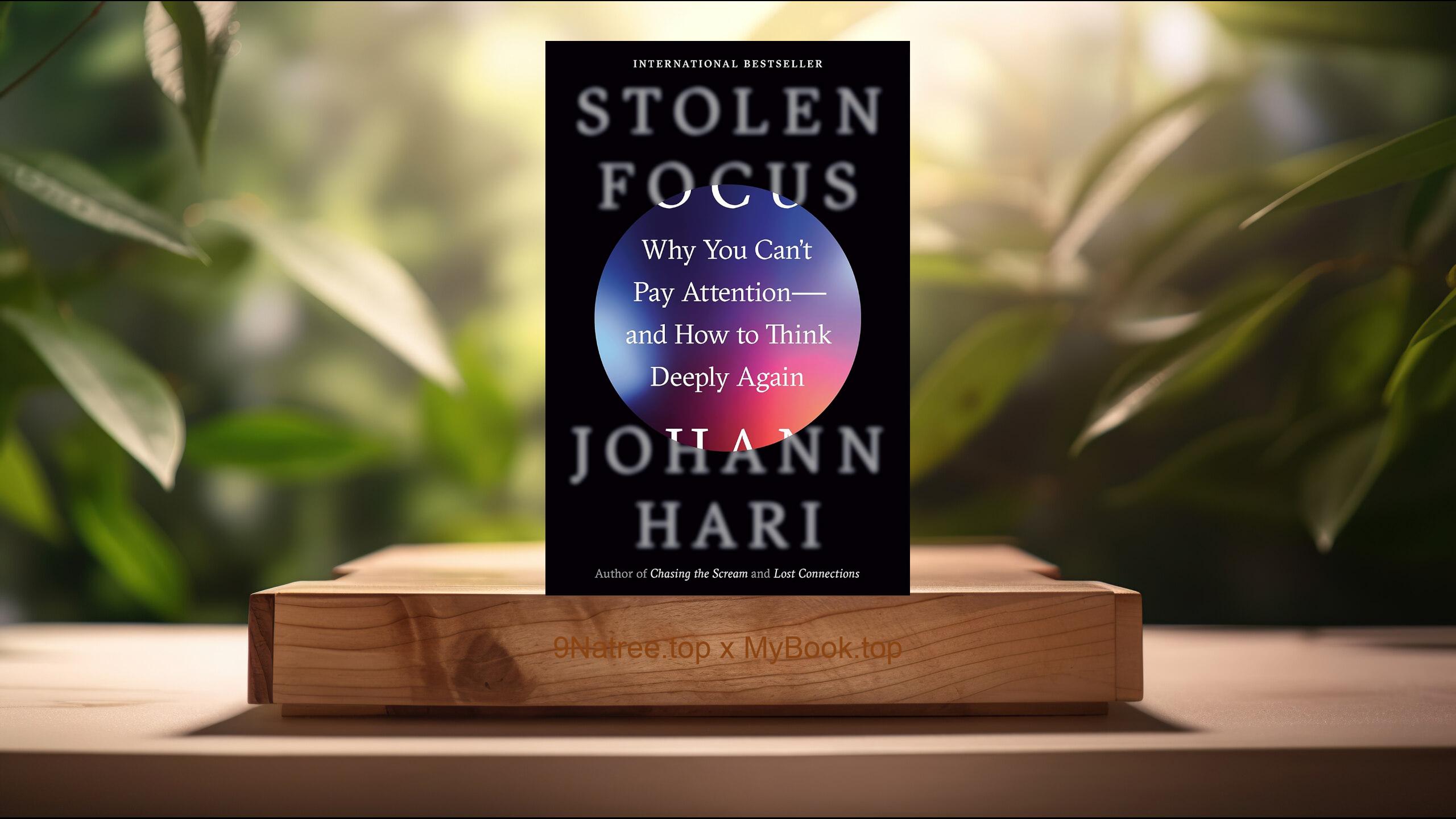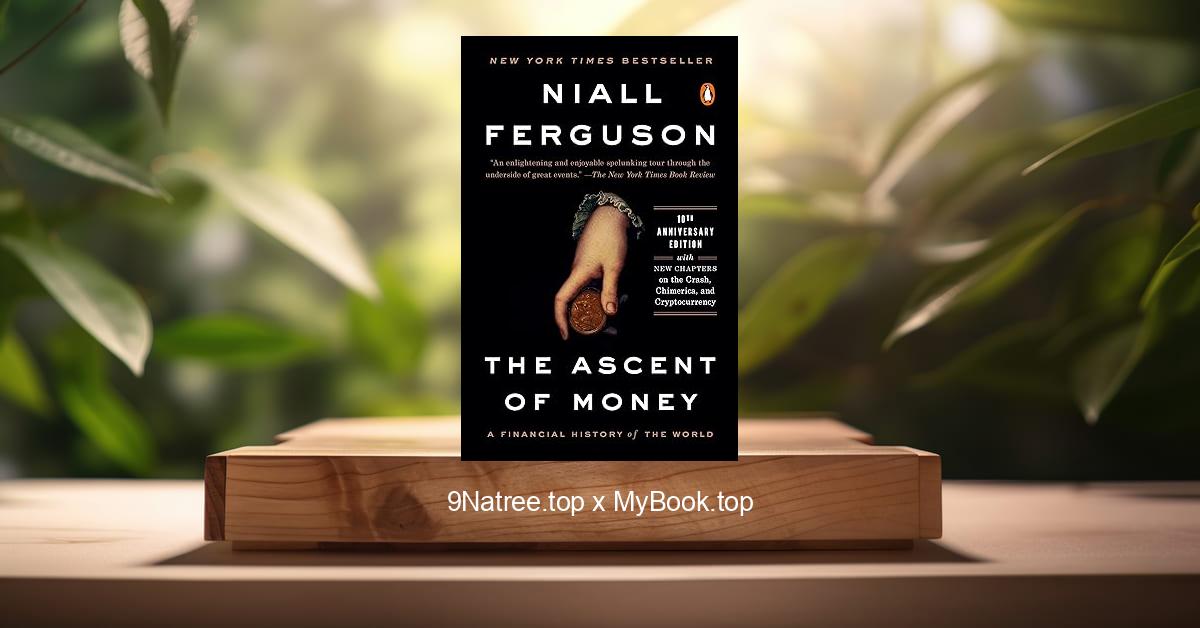Show Notes
- Amazon USA Store: https://www.amazon.com/dp/B084GB4L4P?tag=9natree-20
- Amazon Worldwide Store: https://global.buys.trade/The-Gift%3A-14-Lessons-to-Save-Your-Life-Dr-Edith-Eva-Eger.html
- eBay: https://www.ebay.com/sch/i.html?_nkw=The+Gift+14+Lessons+to+Save+Your+Life+Dr+Edith+Eva+Eger+&mkcid=1&mkrid=711-53200-19255-0&siteid=0&campid=5339060787&customid=9natree&toolid=10001&mkevt=1
- Read more: https://mybook.top/read/B084GB4L4P/
#traumahealing #resilience #forgiveness #boundaries #posttraumaticgrowth #mindfulnesspractices #selfcompassion #Holocaustsurvivorwisdom #TheGift
These are takeaways from this book.
Firstly, From victimhood to the power of choice, A central lesson in The Gift is that we cannot change the past, but we can choose how to live with it. Dr Edith Eva Eger teaches that victimhood is a mental prison built from three bars: blaming, shaming, and waiting for rescue. She does not deny pain or injustice. Instead, she shows how agency begins in small decisions that reclaim dignity. Readers learn to shift questions from Why did this happen to me to What now and What is in my control today. Through relatable cases, she demonstrates how subtle patterns such as rumination, catastrophic thinking, and all or nothing beliefs keep us stuck. Practical steps include naming what you feel, stating one specific need, and taking one tiny action that aligns with your values. By practicing choice in micro moments, you grow the muscle of freedom. The book frames choice not as a one time decision but as a daily practice that builds resilience and opens space for new possibilities.
Secondly, Healing trauma with compassionate awareness, Dr Eger invites readers to relate to trauma with curiosity and care rather than avoidance or self attack. She describes how unprocessed pain persists through body sensations, triggers, and protective behaviors, and how gentle attention allows integration. Techniques include grounding through breath and sensation, naming emotions without judgment, and pendulating between safety and challenge so the nervous system can reset. She encourages readers to move at the speed of trust, to titrate exposure to difficult memories, and to use compassionate self talk as an anchor. The Gift emphasizes that feeling is not the same as drowning. When you allow feelings to move, they pass, and you regain choice. Case stories illustrate how people can transform flashbacks, numbness, and hypervigilance by building routines of sleep, movement, and connection, and by seeking skilled support when needed. Trauma does not make you broken. With presence and practice, it becomes a source of wisdom and strength rather than a life sentence.
Thirdly, Forgiveness as freedom, not forgetting, Forgiveness in The Gift is a commitment to free yourself from the burden of hate and resentment. It does not condone harm, erase memory, or require reconciliation. Instead, it reclaims your energy and returns authority for your life back to you. Dr Eger distinguishes guilt and shame, showing that guilt can guide better choices, while shame blocks growth. She offers practical rituals such as writing unsent letters, dialoguing with a younger self, and practicing daily release statements that separate your identity from what has been done to you or by you. Readers learn to see resentment as an inner jailer that locks out joy. Letting go becomes possible when you validate your pain, set clear boundaries, and choose values aligned action in the present. The chapter closes with the reminder that forgiveness is a process, often repeated many times, and each step lightens the load so you can meet life with more clarity, courage, and compassion.
Fourthly, Ending self neglect with boundaries and care, Another core lesson is to stop abandoning yourself. Many of us learned to over function, please others, or tough it out, only to end up exhausted and resentful. The Gift reframes self care as responsibility rather than indulgence. Boundaries protect what matters so love can flourish without resentment. Dr Eger teaches readers to identify energy drains, to practice saying no without apology, and to schedule daily nourishment for body, mind, and spirit. She suggests simple check ins across the day: What do I feel, what do I need, what is one kind action I can take. The book also tackles the inner critic, inviting you to replace harshness with a firm, supportive inner coach who sets limits and offers encouragement. Through examples of clients who reclaimed their health, time, and purpose, Dr Eger shows that honoring your needs does not reduce care for others. It increases your capacity to love sustainably and to lead a life aligned with your deepest values.
Lastly, Embracing change, meaning, and everyday courage, The Gift encourages readers to welcome uncertainty as the price of admission for a meaningful life. Dr Eger highlights how clinging to rigid roles, old stories, and perfectionism keeps us stuck. She offers a path of small experiments that build confidence: take one new step today, reflect, then take another. Practices include gratitude to orient the mind toward possibility, reframing setbacks as feedback, and building a circle of support that reflects your future self. Purpose is not found all at once. It is created by showing up consistently for what matters. The book closes with a call to daily courage that is practical rather than heroic. Have the hard conversation, ask for help, forgive yourself for not being perfect, and keep choosing life in the present. These humble choices accumulate into freedom. With patient practice, you discover that resilience is not a trait you either have or lack. It is a skill you can grow, one brave day at a time.
![[Review] The Gift: 14 Lessons to Save Your Life (Dr. Edith Eva Eger) Summarized](https://episodes.castos.com/660078c6833215-59505987/images/2203135/c1a-085k3-8dodvxr4sdkw-he6vrm.jpg)
